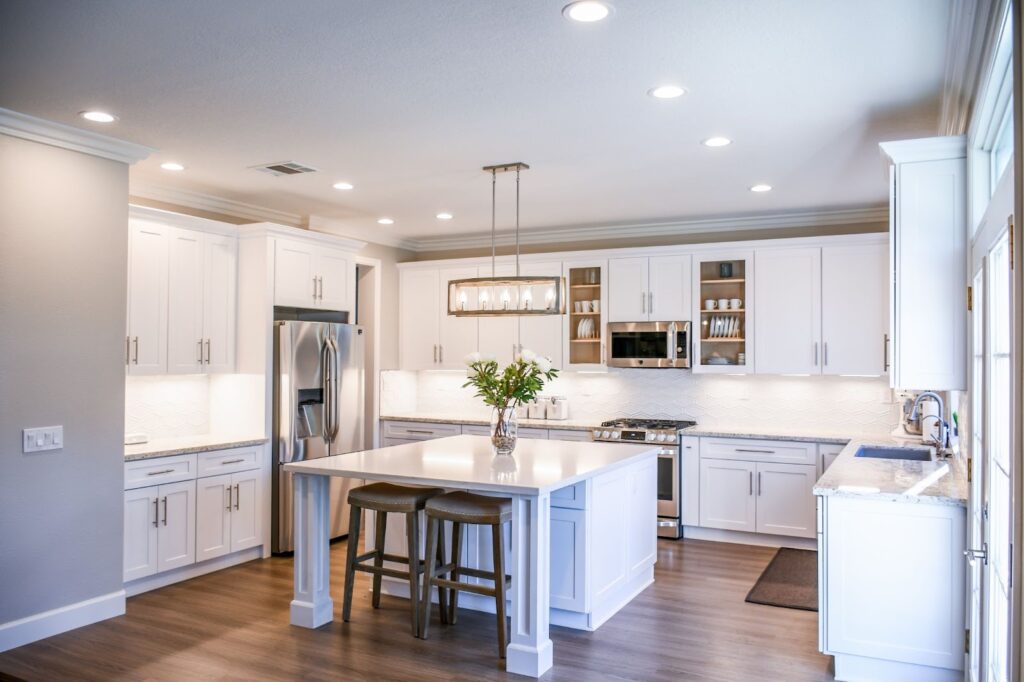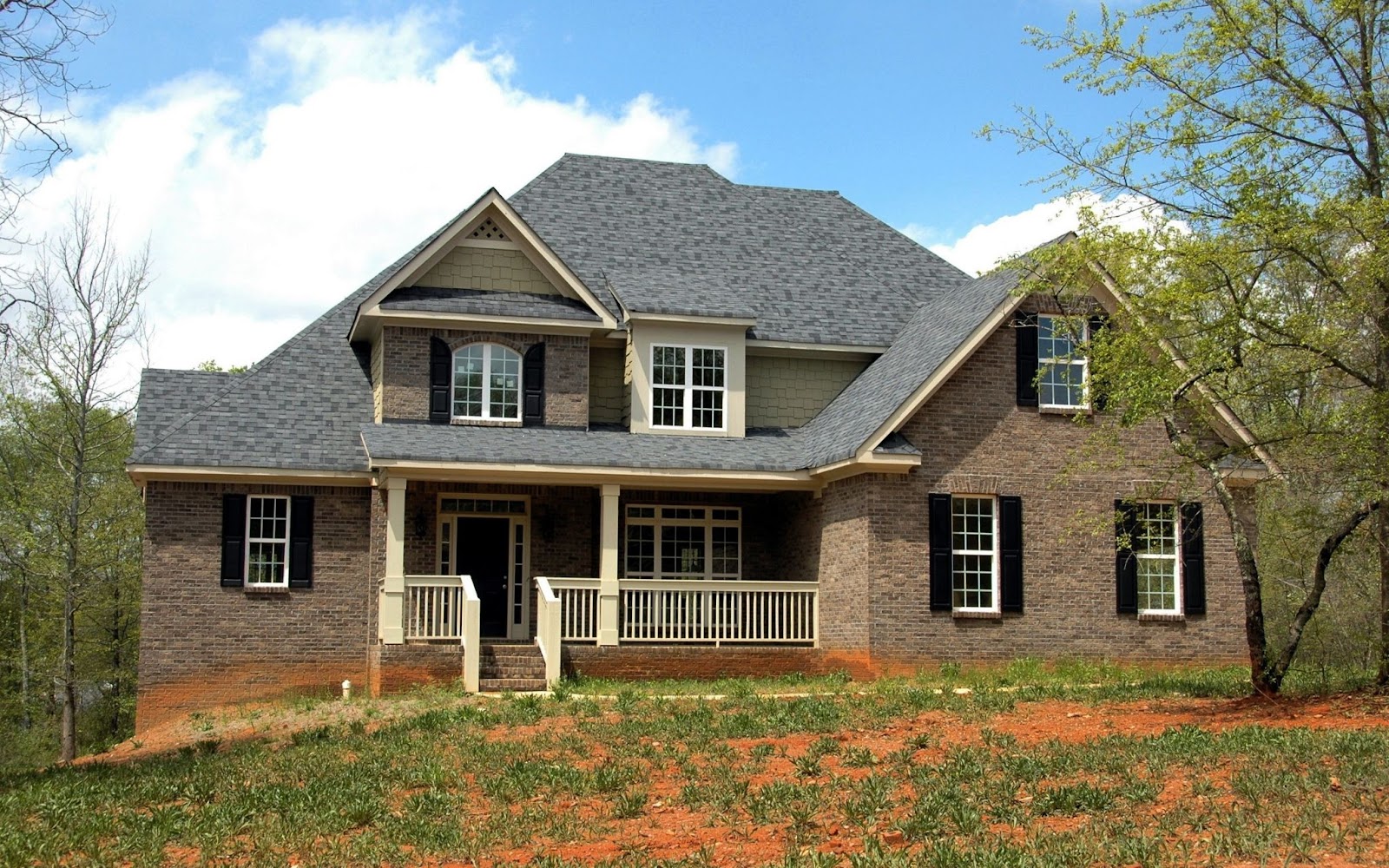Are you in the market for a new home? Making such a significant purchase can be both exciting and overwhelming. With so many factors to consider, it’s important to approach the process with a well-defined checklist that will help you make an informed decision. In this article, I’ll guide you through a comprehensive new home buying checklist, covering everything from location and budget to inspections and negotiations.
First and foremost, determining your budget is crucial when buying a new home. It’s essential to have a clear understanding of how much house you can afford before starting your search. This includes considering your down payment capabilities, monthly mortgage payments, and any additional costs associated with homeownership.
Location is another critical aspect to evaluate when purchasing a new home. Whether it’s proximity to schools, work, or amenities like shopping centers and parks, finding the right neighborhood that aligns with your lifestyle is key. Additionally, researching the area’s crime rates, property values, and future development plans can provide valuable insights into its long-term potential.
Once you’ve narrowed down your options based on budget and location preferences, conducting thorough inspections becomes paramount. Hiring qualified professionals to assess the structural integrity of the property as well as its plumbing, electrical systems, roof condition, and overall safety will ensure there are no hidden surprises after closing the deal.
This new home buying checklist aims to equip you with the necessary knowledge and tools needed throughout this exciting journey. By taking these steps into consideration – from setting a realistic budget to assessing location features and conducting detailed inspections – you’ll be well on your way to finding that perfect place to call home.
Determining Your Budget
Introduction
When it comes to buying a new home, one of the first steps you need to take is determining your budget. Knowing how much you can afford will help guide your search and ensure that you find a home that fits within your financial means. In this section, I’ll walk you through some important considerations for determining your budget.
Assess Your Finances
Before diving into the homebuying process, it’s crucial to assess your finances thoroughly. Start by taking an in-depth look at your income, expenses, and existing debt obligations. This will give you a clear picture of your financial health and help determine how much you can comfortably allocate towards homeownership.
Calculate Your Debt-to-Income Ratio (DTI)

Next, calculate your debt-to-income ratio (DTI) – an essential metric lenders use to evaluate mortgage affordability. To determine this ratio, add up all monthly debt payments (including credit cards, loans, and other obligations) and divide it by your gross monthly income. Multiply the result by 100 to get the percentage.
Save for a Down Payment
Saving for a down payment is another critical aspect of determining your budget. While conventional wisdom suggests putting down 20% of the purchase price, there are various loan programs available with lower down payment requirements. However, keep in mind that putting less than 20% down may require additional expenses like private mortgage insurance (PMI).
Consider Additional Costs
When calculating your budget, be sure to factor in additional costs associated with homeownership. These include property taxes, homeowner’s insurance premiums, maintenance expenses, and potential HOA fees if applicable.
Get Pre-Approved for a Mortgage

To get a clearer understanding of how much you can borrow from lenders based on their assessment of your financial situation, consider getting pre-approved for a mortgage loan. This step not only helps set realistic expectations but also strengthens your bargaining power when negotiating with sellers.

